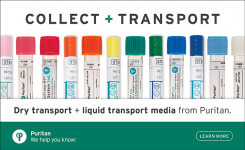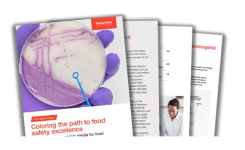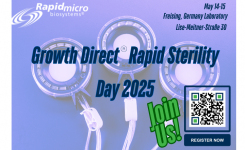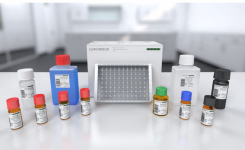Severn Trent Laboratories Now Offers Legionella PCR Testing
go back to news archives| Severn Trent Laboratories in Coventry, United Kingdom, has recently introduced a new method for the rapid detection of Legionella. With the ability to generate results within 24 hours, the new Legionella PCR method is a key tool in establishing risk in emergency or outbreak situations and offers real-time analysis of a water system. The introduction of the new method complements the company´s existing Legionella analysis, detection by standard culture. The test indicates the number of viable Legionella bacteria in a water sample, generating results for Legionella pneumophila (predominantly linked to Legionnaires´ disease) and Legionella spp (predominantly linked to milder and variant forms of the disease such as Pontiac fever). It is an ideal investigative tool for monitoring the effectiveness of water treatment where positive Legionella results have previously been found. Rapid Detection by Polymerase Chain Reaction The PCR method may be used in conjunction with the standard methodology or as an investigational tool to monitor water treatment following a positive result using the standard method, particularly if early indication on the effectiveness of treatment is required. The results can be available in 24 hours or within five hours for emergency analysis. The method relies on the capture of the target organism via membrane filtration followed by extraction of DNA from intact bacterial/protozoan/algal cells. Then, a PCR run is carried out of the purified DNA to amplify the target DNA to a threshold level in order for it to be detected by the instrument. The target DNA is specific to the organisms being isolated (i.e., Legionella pneumophila or Legionella species). The ability of this method to rapidly assess contamination levels has several benefits:
|
NOTE: This item is from our 'historic' database and
may contain information which is not up to date.
Source : Severn Trent Services Analytical Services View archived contact details
Posted on December 13, 2011
















